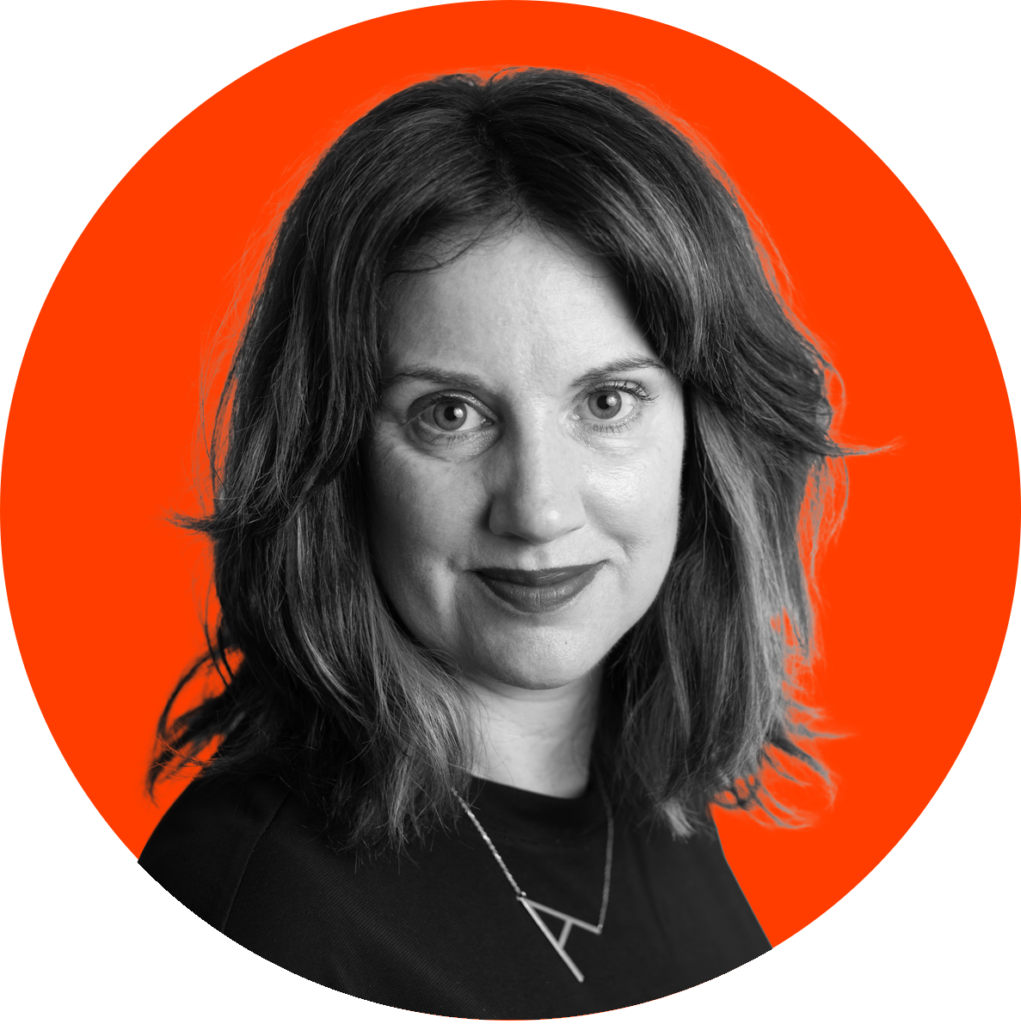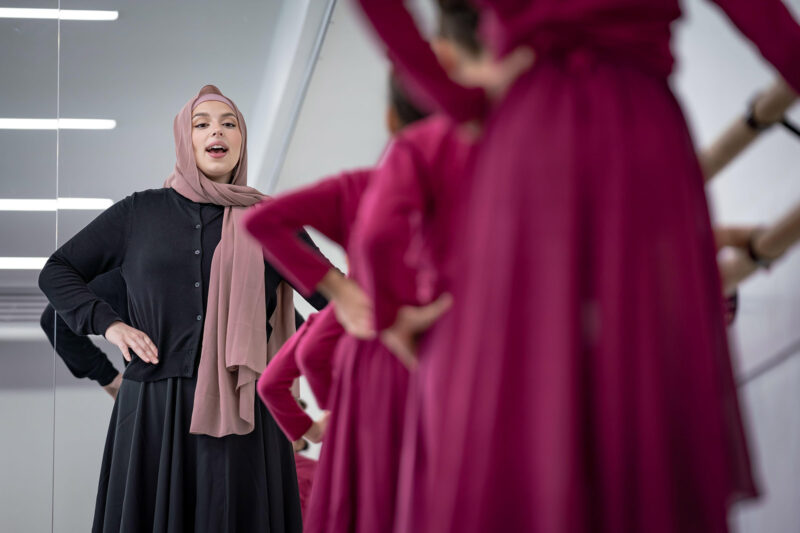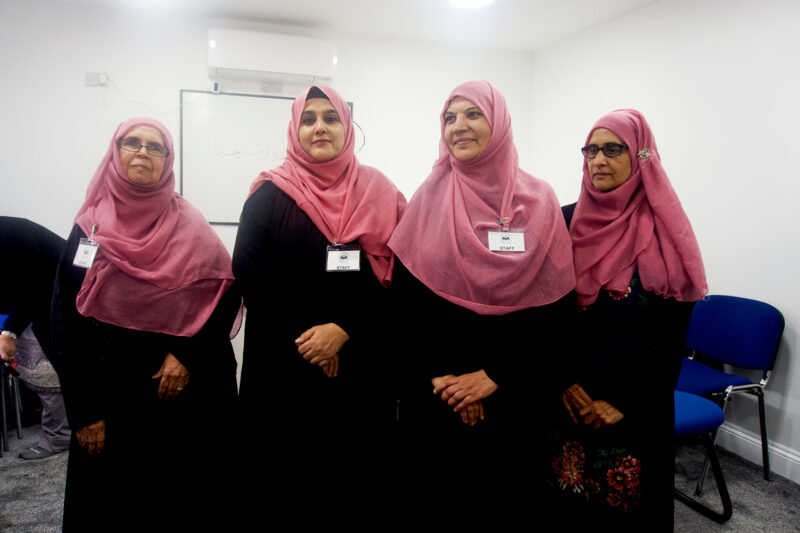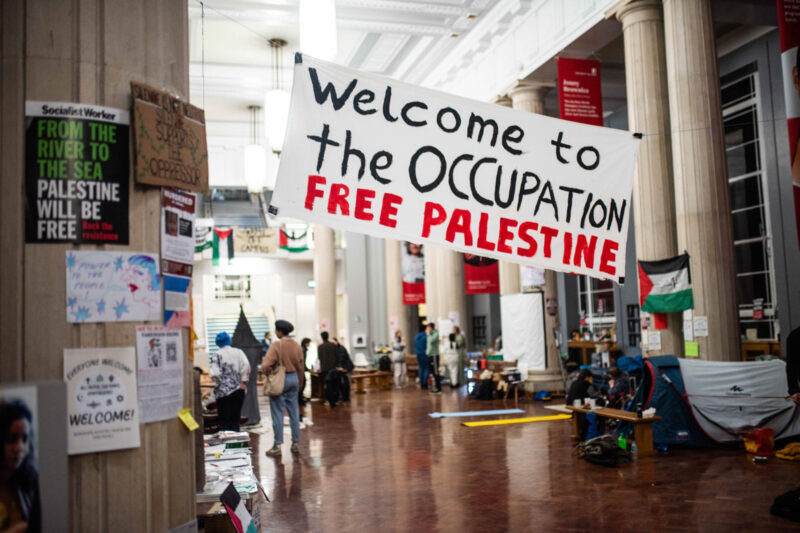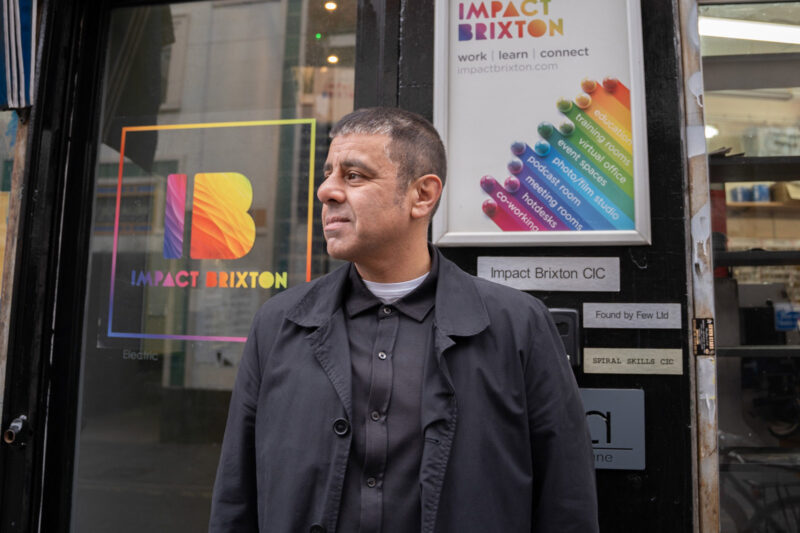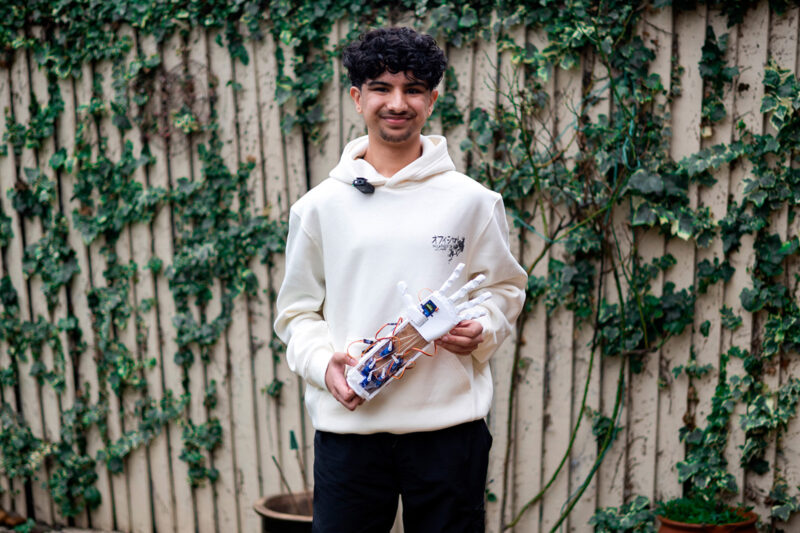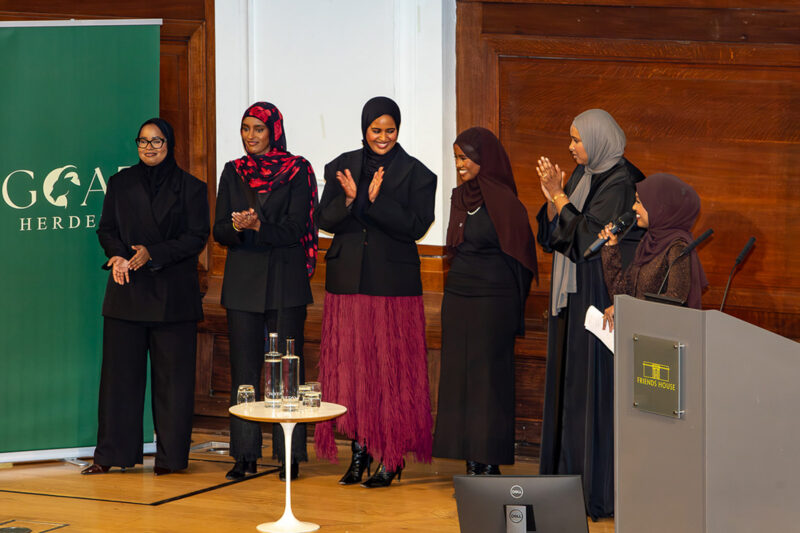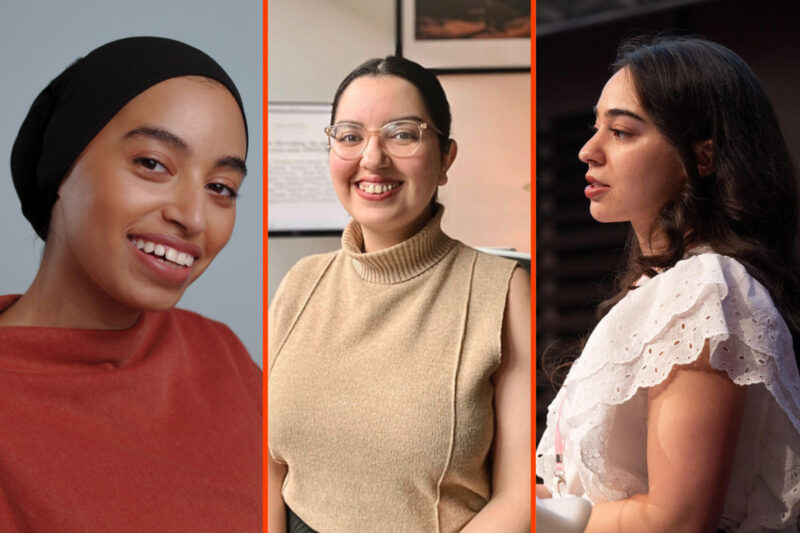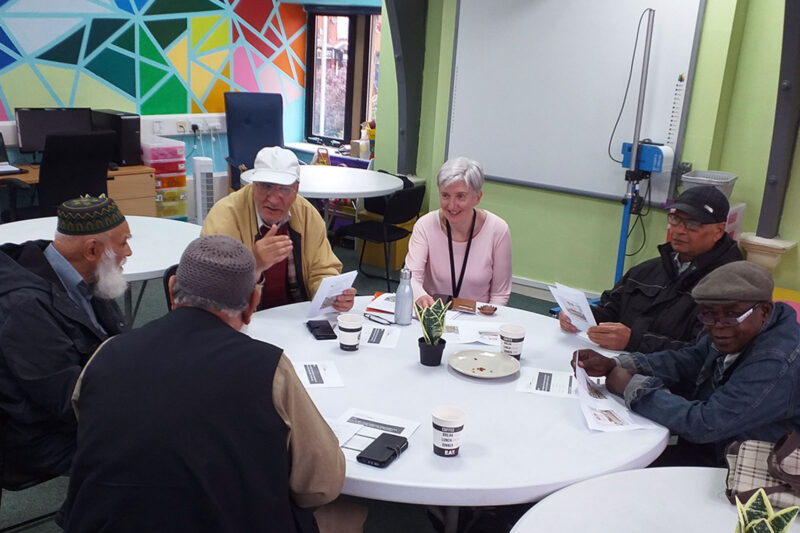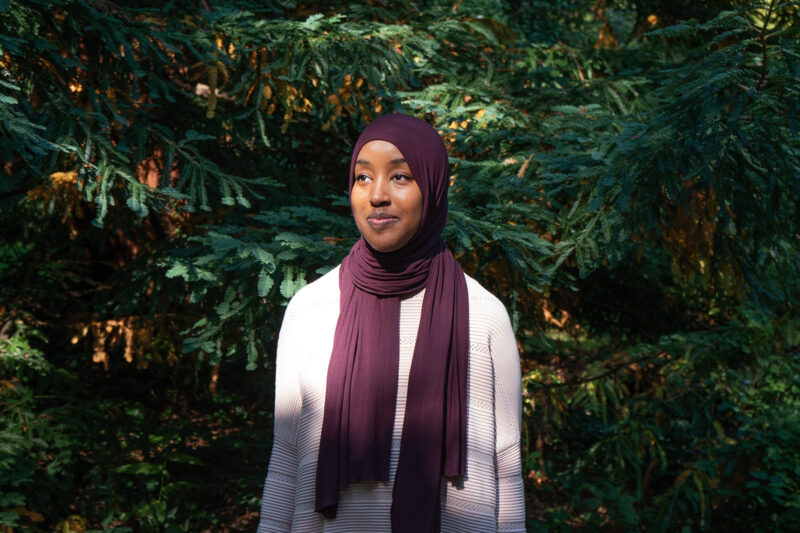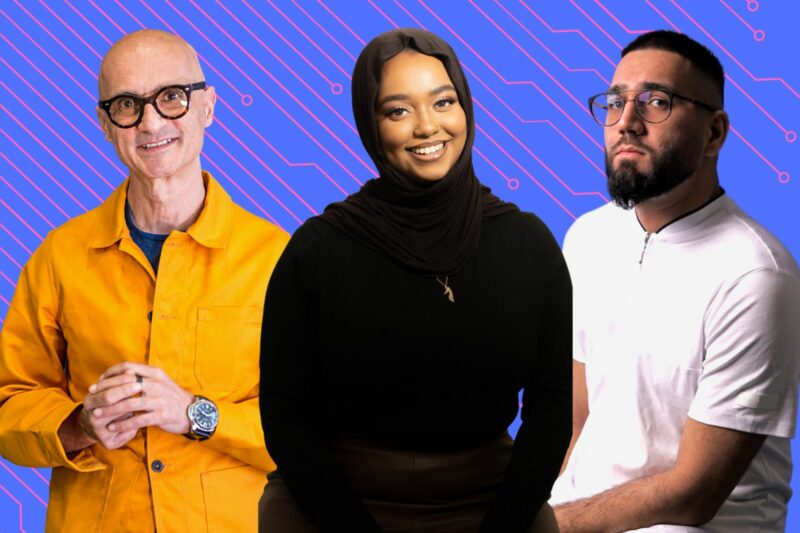Shooting stars: a new generation of Muslim astronomers aims high
The Islamic world has a rich tradition of studying the night sky, one that Hamza Ilyas is continuing with stargazing sessions that are open to all
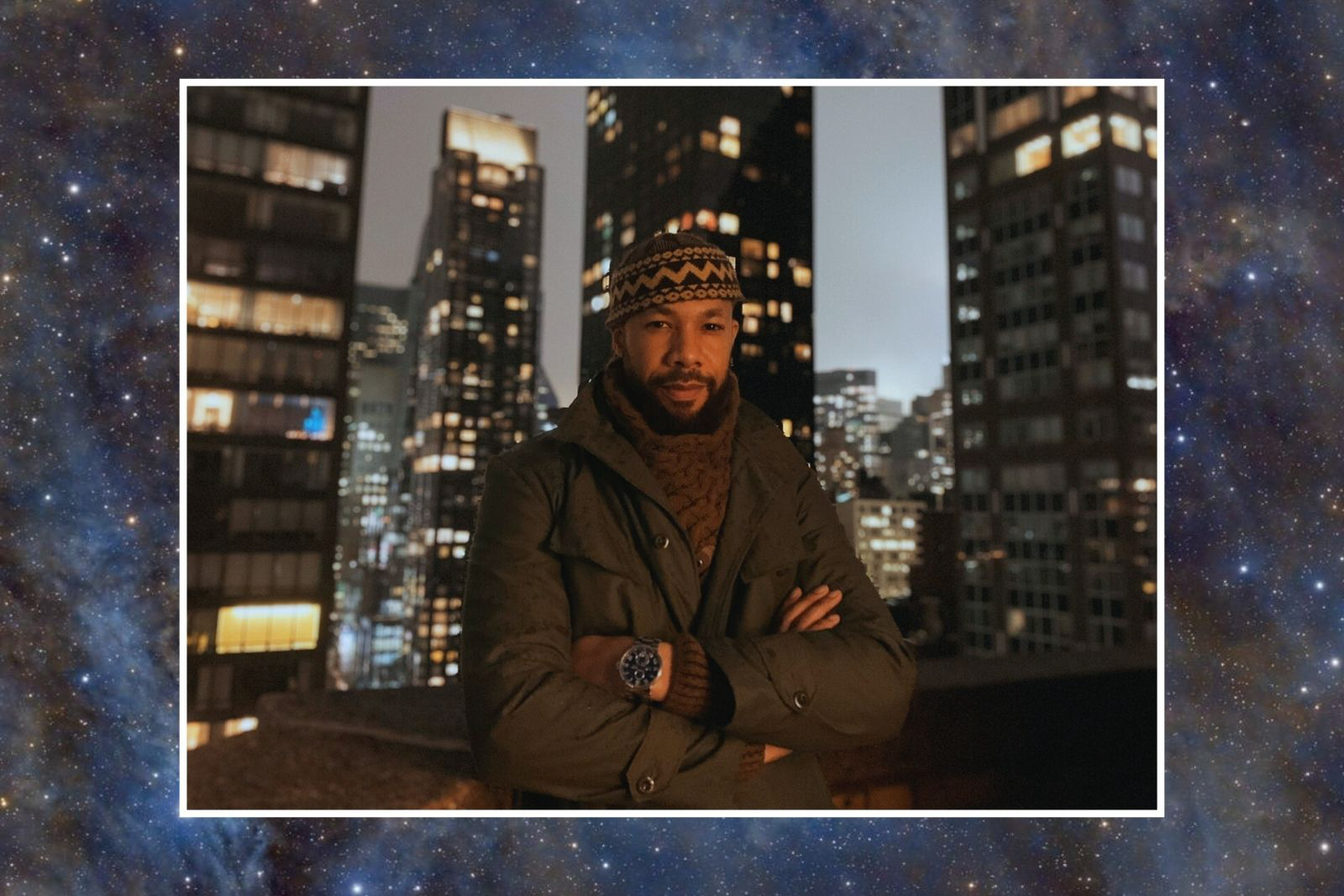
Hamza Ilyas was outside his home in Surrey one night during lockdown in 2020, marvelling at the sky’s beauty and searching for comet Neowise. He’d seen on the news that it would be making an appearance.
“I thought to myself, ‘ah, it would be so nice to have a telescope to see it’,” says the Ilyas, 48, who is a member of the Ahmadiyya Muslim community. Despite not having a science background – Ilyas is a senior manager at law firm Freshfields – he has always had a keen interest in astronomy. Thinking about galaxies tens of millions of light years away makes him feel excited and humbled, he says.
So he bought his first telescope. Then another. The general advice for skywatching newbies is to visit astronomy clubs for advice, says Ilyas, who is New York-born and bred and converted to Islam in 2004. But when he visited his local clubs to ask for help in learning how to use the equipment he found they were “quite tight-knit, being dominated by an older academic demographic”.
Ilyas began to study and modify telescopes on his own. He started an Instagram account, and sought approval from Mirza Masroor Ahmad, the fifth caliph of Ahmadiyya Muslims, to build a permanent observatory on the community’s sprawling UK headquarters near Alton, Hampshire. During a keynote address at a conference in 2019, Ahmad had urged Ahmadiyya Muslims to follow in the footsteps of earlier Muslim astronomers, as well as Nobel Prize-winning Pakistani scientist Professor Abdus Salaam.
Nine telescopes later, Ilyas’s Muslim Astronomers initiative has introduced hundreds of Muslims and non-Muslims to the joys of astronomy. “The idea here is that everyone should have an opportunity to learn,” he says.
As part of the initiative, Ilyas has self-funded the purchase of 10 telescopes, 15 specialised cameras and five telescopic mounts (tripods used to track the Earth’s rotation). Astronomy school sessions for underprivileged youth and stargazing nights for youngsters are in the works. He and his band of volunteers also hope to begin the planning process for what they have tentatively called the Baitul Noor (House of Light) Observatories soon.
“Islam has a rich tradition in astronomy,” says Ilyas. “Despite this, most people are unaware of Islam’s contribution to the astronomical sciences.”
Early Muslim astronomers were particularly known for establishing observatories and designing instruments.
“I want the world to see that, contrary to what some people believe, Muslims actually spend a lot of their time and money trying to improve the condition of the world,” he says.
At a recent Muslim Astronomers youth weekend, Ilyas was mobbed by children who wanted to use a telescope for the first time.
“They were shocked and were like, ‘oh, we didn’t realise our community offered this’,” he says.
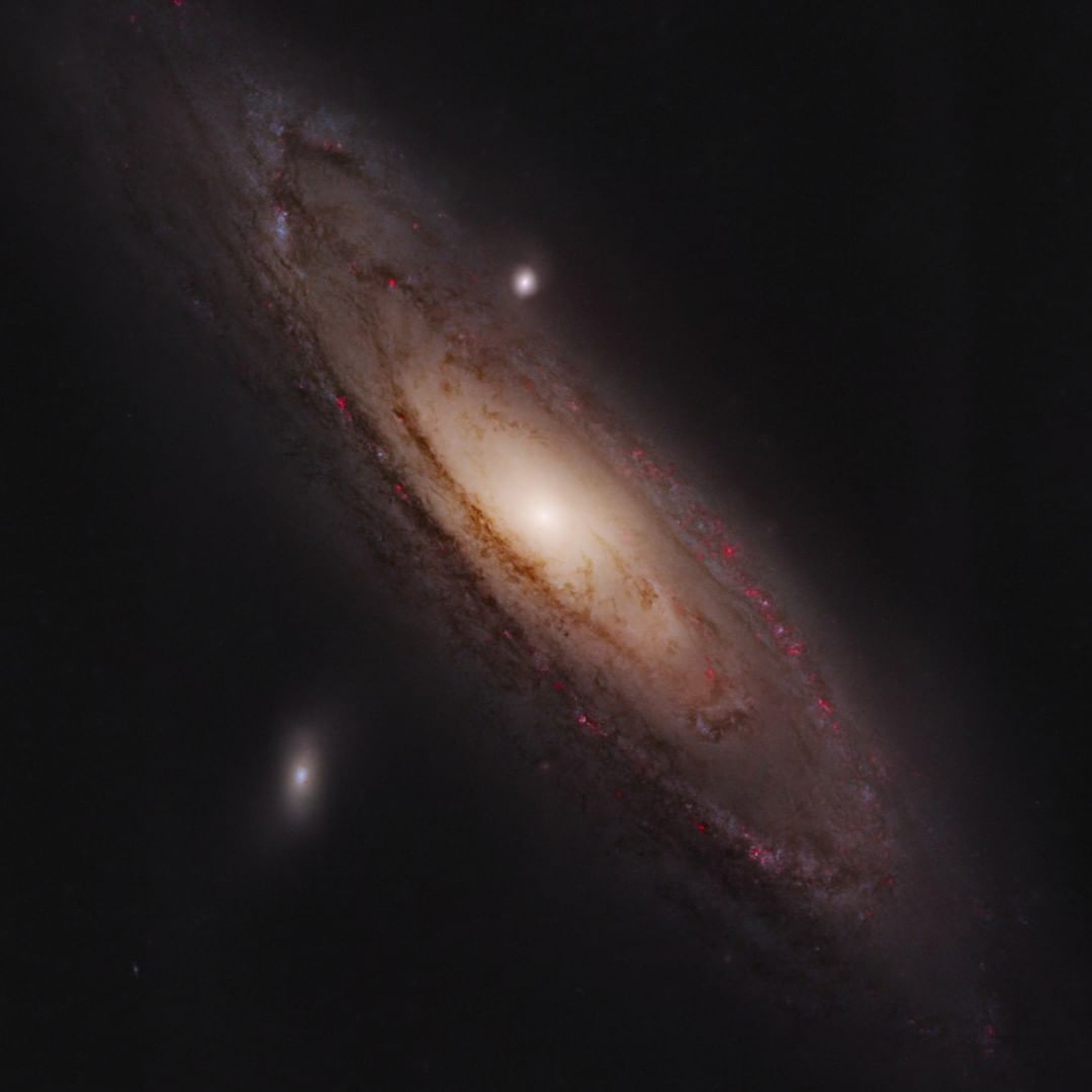
To date, the group’s members have glimpsed details of the surface of the moon and sun, and a number of comets. They were among the first to spot the closest supernova to Earth in five years, discovered in the Pinwheel Galaxy (M101) in May 2023, just before it was announced, says Ilyas.
They were also lucky to photograph the growing sunspot that gave rise to the aurora borealis appearing more widely than usual across the UK earlier this year.
“I love to learn. I also care about raising awareness of the beautiful skies above us,” says Ilyas. “I love that it reminds me of the divine and what part we play in the cosmic scheme of things — daily reminders that we ought to prioritise taking care of our fellow human beings.”
In 2021, Nasa chose to highlight Ilyas’s photograph of the Andromeda galaxy on its social media platforms. In 2023 the European Space Agency reached out to him to collaborate on social media and asked for a tour of his observatory — the only problem was he didn’t have one.
“This gave birth to the idea to create one,” says Ilyas.
Once a permanent site has been established, Ilyas plans to make the project’s equipment and facilities available to astronomy and physics students for research. He and his team are also sourcing partnerships with established observatories in the UK and elsewhere to bridge the gap between academics and the average amateur astronomer.
The group’s exhibition at the 2024 Jalsa Salana annual gathering of Ahmadiyya Muslims caught the eye of Abschar Ahmed and her childhood friend Amtul Tahir, who now volunteer on the project.
Until that point Ahmed, 25, an events and marketing manager from Morden in south London, was unaware that Islam had such a rich astronomy history.
“I really enjoyed the way Hamza connected astronomy to the word of God and the Qur’an and that sparked my interest,” she says.
“I feel like there would be so many other girls who want to learn about this and I think it makes it fun for little kids who don’t understand the connection between God and astronomy.”
Tahir, 23, is now a tour and exhibition lead for the project. She recalls that she would “sit and look outside my bedroom window and be so fascinated” by the sky as a child. Tahir later studied bioveterinary science at university. Then, during lockdown, her father bought Tahir a telescope, which was “like a door opening”, she says. “But I never really considered that this was something I could do as a hobby until I got a bit older.”
Tahir now wants to help create accessible programmes for anyone who has an interest in astrophotography and who would like guidance on how to begin. Alongside Ilyas, she will also lead astronomy sessions for underprivileged youth and school children.
“Ultimately, I believe our shared fascination with the night sky reminds us of our common humanity. In the grand scheme of the universe, we have much more in common than what divides us.”
 Newsletter
Newsletter

